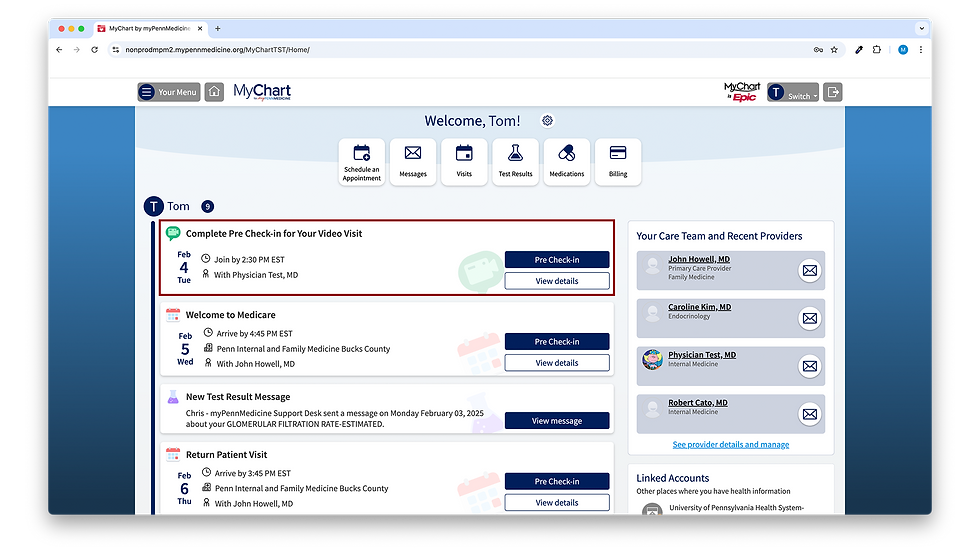The AI Agent Revolution in Drug Discovery: Accelerating the Path to New Cures
- Kat Usop

- Jul 30
- 3 min read
The pharmaceutical industry has long grappled with a monumental challenge: the incredibly complex, time-consuming, and astronomically expensive process of bringing a new drug from concept to patient. Traditionally, this journey could take over a decade and cost billions of dollars, with a high rate of failure. But a new paradigm is emerging, one powered by Agentic AI, promising to revolutionize how we discover and develop life-changing medicines.
Beyond Automation: What Are AI Agents in Drug Discovery?
When we talk about AI agents in drug discovery, we're not just referring to simple algorithms or static tools. These are sophisticated, autonomous software systems that can perceive their environment, reason, plan, and execute multi-step tasks with minimal human intervention. They are equipped with:
Advanced Reasoning and Planning: Leveraging large language models (LLMs) and large action models (LAMs), AI agents can strategize complex workflows, break down problems, and adapt their approach based on real-time data.
Memory and Learning: They learn from every interaction and data point, continuously refining their understanding and improving their performance over time.
Tool Integration: Agents can seamlessly interact with various scientific databases, simulation software, and experimental platforms, acting as intelligent coordinators of the entire R&D ecosystem.
Adaptability: Unlike rigid programs, they can adjust their strategies on the fly, crucial in the dynamic and unpredictable world of biological research.
Essentially, AI agents are becoming intelligent digital collaborators, capable of tackling challenges that were once the exclusive domain of highly specialized human teams.
Revolutionizing Every Stage of the Pipeline
The impact of Agentic AI is being felt across the entire drug discovery and development pipeline:
Target Identification and Validation:
The Challenge: Identifying the specific biological molecules (targets) that a drug needs to interact with to treat a disease is the crucial first step, often buried in vast amounts of genomic, proteomic, and scientific literature data.
The Agentic Solution: AI agents can autonomously sift through millions of data points, cross-reference databases, and analyze complex biological networks to pinpoint novel and highly relevant disease targets at unprecedented speeds. They prioritize targets based on biological relevance, druggability, and disease association, drastically cutting down the initial research phase.
Compound Screening and Lead Optimization:
The Challenge: Once a target is identified, the next hurdle is finding compounds that can effectively interact with it, and then refining those "hits" into potent, safe, and stable drug candidates (lead optimization). This involves countless experiments and iterative modifications.
The Agentic Solution: Agents excel at high-throughput virtual screening, simulating how millions of compounds interact with targets in silico. They can autonomously refine compound libraries, eliminate unsuitable candidates, and suggest promising molecules for further synthesis. In lead optimization, they use deep learning and reinforcement learning to propose smart modifications to existing compounds, optimizing properties like binding affinity, potency, and ADMET (Absorption, Distribution, Metabolism, Excretion, and Toxicity) profiles, leading to more effective drugs with fewer side effects.
Preclinical and Clinical Trial Optimization:
The Challenge: Clinical trials are the most expensive and time-consuming part of drug development, with a high failure rate. Patient recruitment, data management, and regulatory hurdles often cause significant delays.
The Agentic Solution: AI agents are transforming this phase by:
Predicting Patient Outcomes: Analyzing vast historical data to predict how patient cohorts might respond to a drug, leading to more targeted and efficient trial designs.
Optimizing Patient Recruitment: Identifying eligible participants with greater precision and even automating personalized outreach and follow-ups.
Streamlining Data Management: Continuously monitoring, standardizing, and validating trial data in real-time across multiple sources, ensuring data integrity and accelerating decision-making.
Automated Regulatory Document Generation: Drafting critical documents like Investigator Brochures and INDs by pulling data from internal databases and scientific literature, significantly reducing administrative burden and speeding up crucial approval timelines.
Real-World Impact and the Road Ahead
Companies like Insilico Medicine and Atomwise are already demonstrating the tangible benefits of Agentic AI, with AI-designed drugs entering clinical trials in record time. This shift is not just about efficiency; it's about unlocking new avenues for personalized medicine, where treatments are tailored to an individual's unique genetic makeup, and enabling continuous drug monitoring for enhanced patient safety.
However, the journey is not without its challenges. Ensuring high-quality and unbiased data, addressing ethical considerations related to AI decision-making, and navigating the evolving regulatory landscape are critical. The "black box" nature of some AI models also necessitates a focus on interpretability and transparency.
Despite these hurdles, the future of drug discovery is undeniably intertwined with Agentic AI. By delegating repetitive and complex tasks to these intelligent systems, human experts can focus on high-level interpretation, strategic oversight, and driving the scientific breakthroughs that will lead to a healthier future for all. The revolution is here, and it's accelerating the path to new cures.


Comments